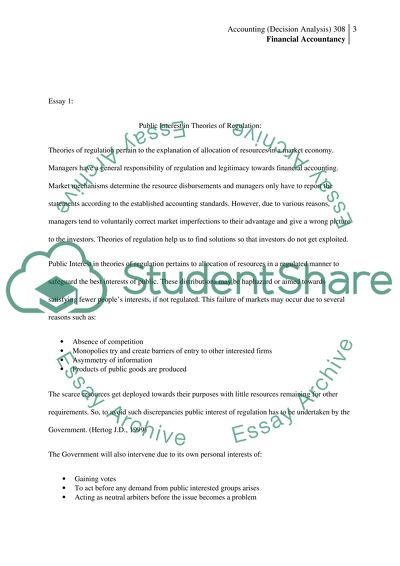Cite this document
(“Public Interest in Theories of Regulation Essay”, n.d.)
Retrieved from https://studentshare.org/finance-accounting/1397223-accounting
Retrieved from https://studentshare.org/finance-accounting/1397223-accounting
(Public Interest in Theories of Regulation Essay)
https://studentshare.org/finance-accounting/1397223-accounting.
https://studentshare.org/finance-accounting/1397223-accounting.
“Public Interest in Theories of Regulation Essay”, n.d. https://studentshare.org/finance-accounting/1397223-accounting.


